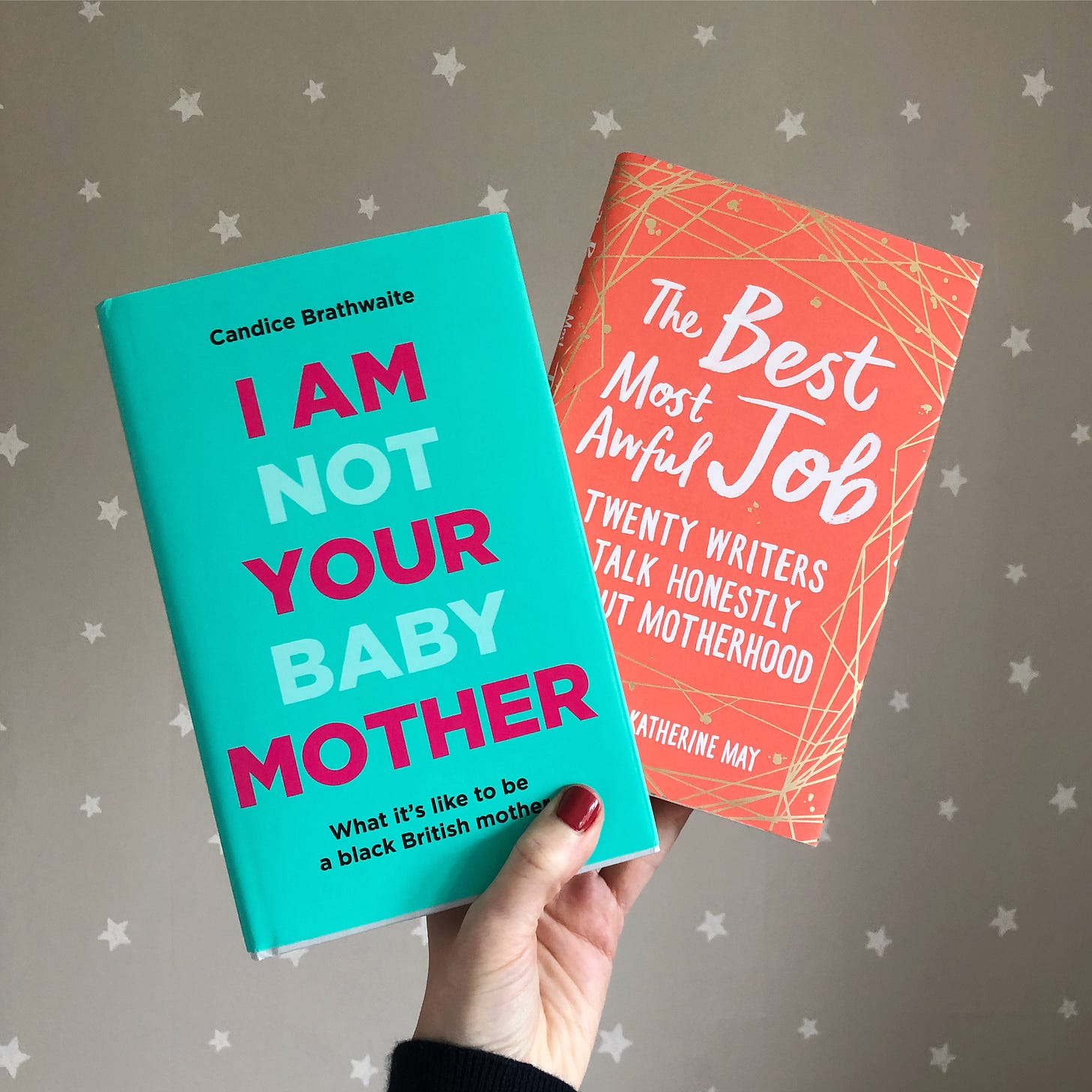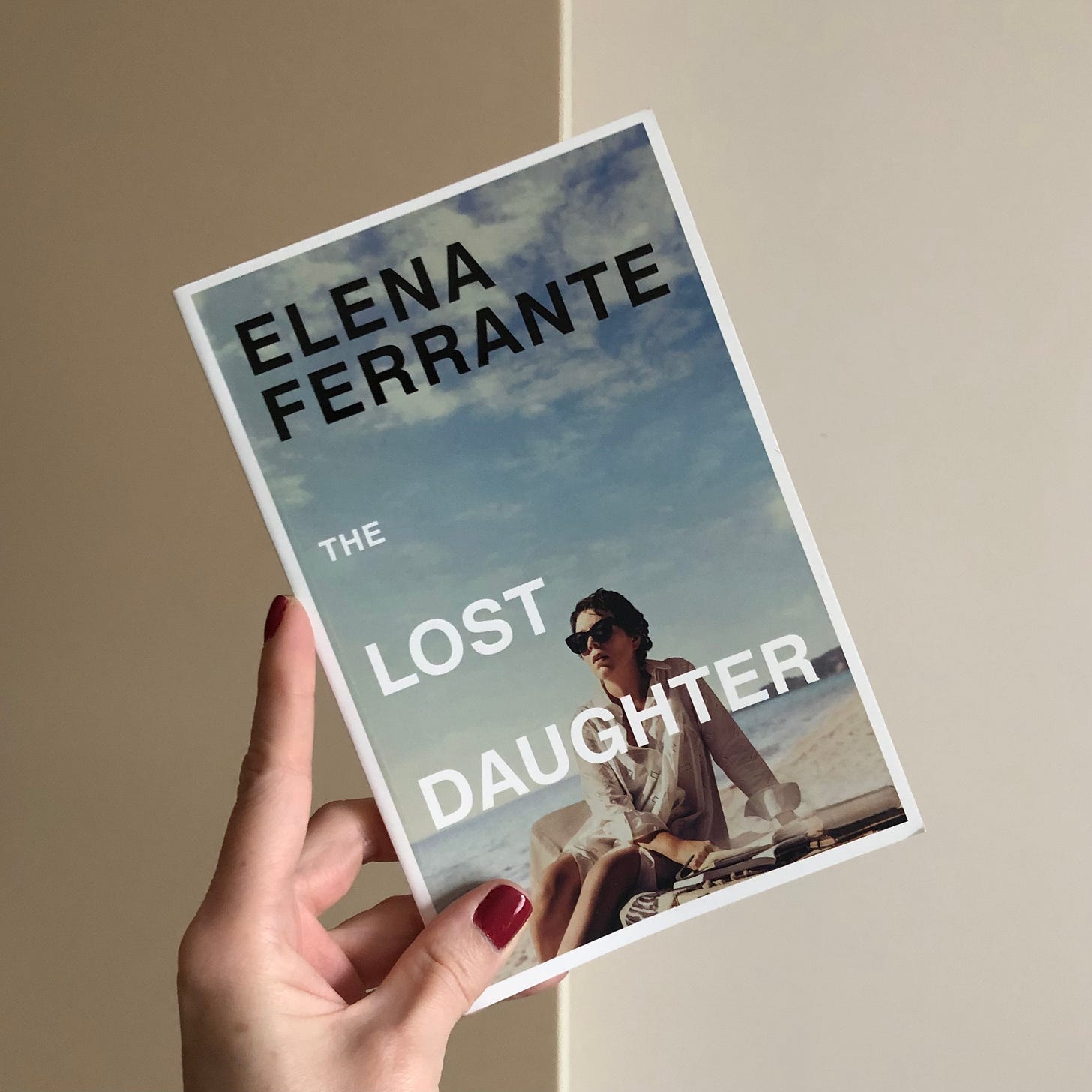I first read Graham Swift’s Mothering Sunday years ago, the selection of a member of my book group. It caused much excitement in the village pub as we all sat around with our copies, Modigliani’s bold and beautiful ‘Reclining Nude’ relaxed and unapologetic on the cover. “What kind of book group is this?” the amused (perhaps bemused) refrain of those taking the steady walk from bar to gents, passing our table.
Watching the recent film adaptation last summer reminded me how much I enjoyed the book, and I set about getting hold of a copy. I was over the moon to find a signed, second-hand hardback from the Oxfam online bookshop. The beautiful cover art I remembered. Although as it happened I didn’t remember in perfect detail, as I spent an inordinate amount of time trying to remove the model’s armpit hair with a lightly dampened cloth—I thought it was a sticker mark!
Back to the matter at hand.
Mothering Sunday is a novella recounting the events of a single day, Mothering Sunday 1924. It’s unseasonably warm for March, and Jane Fairchild, housemaid to the war-bereaved Nivens, has the day at her disposal. Those in service are given time off to visit their mothers—as an orphan, Jane finds herself in the rare position of having nothing to do and nowhere to go. Maybe she’ll take the so-called ‘second’ bicycle (Milly, the cook, will be taking the ‘first’ to the station) and a book borrowed from the Nivens’ library and explore the countryside. The phone rings, and so begins the chain of events that will change her life and the lives of those around her. Jane has been secretly meeting a man. A man with whom she can and will have no future. And now today, following his phone call, she will meet him again, for the final time.
As well as being a book about love and life and the deep pain lurking in all the many absences left by the First World War, it’s also a book about storytelling. The novella length offers the perfect medium to take a long and dreamy deep dive into the events of a single day—with Jane’s history and future woven in and around the narrative. We learn that Jane becomes a writer, a famous and prolific writer, and that this day undoubtedly shifted her towards that future. We consider how it changed her to feel so much in one day. We see her revisiting what happened—lengthening, exploring and honing details, considering what she doesn’t know and never will. Reading about writers is always a treat, and Mothering Sunday is such a clever exploration of how a writer is ‘born’.
The 2021 film adaptation (available to stream on Netflix) is equally beautiful, perfectly capturing the slow, languorous feel of the book. The cast is magnificent. Odessa Young and Josh O’Connor shine as the doomed young couple, confidently using their bodies and natural sensuality to say all that they can’t in words. This is no buttoned-up period drama, quite literally the opposite. Colin Firth and Olivia Colman portray the broken Nivens heartbreakingly well: her, cloaked in icy, impenetrable, self-protection (“how lucky you are to have been comprehensively bereaved at birth” she says to Jane); him, trying, visibly trying so hard, but so very barely covering his unadulterated grief with half-hearted jollity.
The film allows the full realisation of the beautiful details the book is rich with, and adds more. I loved the scene where Jane cycles with Milly, the cook, as far as the station, and we briefly see a platform full of young women, dressed virtually identically, all clutching bunches of flowers. The uniformity of the ritual of Mothering Sunday, again making Jane’s difference apparent. She is not like them. She cycles off for her own adventure. Orchids are mentioned over and again in the book, a detail of the day capturing Jane’s imagination, so I really enjoyed that Jane the writer in later life has orchids on her desk. And glorious to see Glenda Jackson (she was my MP once) playing the older Jane Fairchild—I smiled at the nod to Doris Lessing’s infamous doorstep reaction to winning the Nobel prize.
Mothering Sunday is a thing of beauty. Read it. Watch it. Better still, do both.
Arguably Mothering Sunday isn’t a book about motherhood at all, more its absence, focusing as it does on a motherless young woman and now-childless mothers. But I will still take it, and the day it memorialises (this weekend in the UK), as a jumping-off point for discussing recent alternative depictions of motherhood in books. Seamless!
First up, a couple of excellent non-fiction books of recent years. I Am Not Your Baby Mother, by the remarkable Candice Brathwaite, is a vibrant, straight-talking memoir that makes you laugh one moment and brings you face to face with the honest reality of inequality faced by black British mothers the next. The shocking statistics that Candice was instrumental in bringing to a wider audience (including the fact that black women are five times more likely to die in childbirth than white women) are underpinned by a myriad of micro aggressions, challenges and considerations that wouldn’t even cross the mind of the average white mother. This book is invaluable for white women to gain a clear and honest understanding of their privilege in motherhood, and I can only imagine it’s invaluable for black British women to see their truth reflected on the pages.
The Best Most Awful Job, edited by Katherine May (whose words I cannot get enough of), gathers together the thoughts and voices of a diverse group of women writers in essays about the many and varied experiences of motherhood. Every mother (and I use that term in the absolute broadest sense) has her own story. And over and over this book made me reflect on mine. There are so many ways in which our stories of motherhood are unique to us. But the universality, that thread that links us, is undeniable, resonant and incredibly affirming.
It feels like recently there has been a more nuanced, honest exploration of motherhood in fiction. No longer solely offering the polarised opposites of the idealised, sainted, selfless mother or the caricature ‘bad’ mother (abusive, bitter, toxic, intoxicated, neglectful through narcissism or fey indifference), we are being shown something more mundane than that. More real. More human.
I mentioned the excellent Elena Ferrante novella The Lost Daughter in a previous newsletter, There’s something about Ferrante. Here Ferrante presents us with a very different exploration of motherhood. Leda is a mother with little maternal instinct. A mother who struggles with motherhood. She wants to rekindle an academic career, but trying to balance that with the demands of her family is hard. Much harder than it is for her husband. She is resentful. She can be cold and brittle, she can also be angry and impetuous. But although the portrayal of this woman is at times hard to read, and she’s often highly unlikeable, it’s not outrageously extreme. It’s hard to read because we’re so unused to accepting that mothers are anything other than perfectly loving and giving, and naturally born to the role. It’s hard to read because we can see moments/flashes when we’ve felt what Leda felt, lost our cool like she does. Leda is not an overtly ‘bad’ or uncaring woman, but one who felt completely suffocated by the weight and demands of being a mother and eventually chose to save herself.
Although I’m basing this purely on the TV adaptation as I’ve yet to read the book, this very human portrayal of the struggle with loss of self in motherhood is reflected in the stories of both Rachel and Libby in Taffy Brodesser-Akner’s Fleishman is in Trouble (mentioned in What This Week #6).
Rachel Cusk has been sharing this more truthful depiction of the realities of motherhood since her much-maligned memoir, A Life’s Work in 2001. There was such a vicious backlash to her honesty then. It’s interesting to consider how that would be received if published now. Better, I hope.
Extra credit:
Taking advantage of the free mubi trial I had in order to see Aftersun a few weeks ago, I watched and thoroughly enjoyed Pedro Almodóvar’s latest, Parallel Mothers. Reuniting Almodóvar and Penelope Cruz (I feel like I’ve been watching this hallowed combination at various intervals my whole adult life), this is a typically colourful and complex exploration of life, specifically maternal connection. Two single mothers, babies swapped in the hospital, history being (literally) unearthed around them. Peter Bradshaw gave it five stars: https://www.theguardian.com/film/2022/jan/27/parallel-mothers-review-pedro-almodovar
My excellent pal Nell (@nellreadsbooks) is a voracious, intelligent and classy reader. If you are on Instagram and not following her, it would be wise to rectify that. She consistently piques my interest with her sharp insights into books I’ve often never heard of (and instantly add to the ever-growing list). Twice recently her bookstagram posts have resonated with this notion I’ve been mulling over about the shift towards and value in writing alternative, more honest portrayals of motherhood. Firstly, in her excellent review of Aussie author Laura McPhee-Browne’s Little Plum (currently only available on kindle in the UK).
And this week, Nell brought another pair of fantastic sounding books to my attention—Bad Art Mother by Edwina Preston and Euphoria by Elin Cullhed—both of which explore how women artists (here, a poet and a writer—the writer being Sylvia Plath) experience the dichotomy of motherhood and creativity. This is another fascinating perspective on motherhood that could (and probably will at some point) be the focus of a deep-dive newsletter of its own. The wonderful Katy Hessel (I am currently obsessed) also wrote about artists and motherhood in her Guardian article last week: https://www.theguardian.com/artanddesign/2023/mar/06/conflict-exhaustion-joy-and-pain-how-alice-neel-shattered-the-taboos-around-motherhood.
There is a lot more to unpack here.
(Includes affiliate links to Bookshop.org, an excellent bookselling website supporting indie bookshops)








I was musing about mothering today. My own late mother wound me up so much in my teens and twenties but sadly died before I could appreciate her. So I have anointed my memory of her and turned her into a saint against which I compare my efforts and (of course) fail to make the mark. I frequently wish I could go back to the kids’ younger years with the wisdom, but more importantly, the calmness I have now. Just hope I’m around to make it up to mine by being a fabulous granny! Lovely post xx
Thanks for this Claire, what a lovely idea for Mothers Day. Even though I'm reading this past the date it very much resonated with me. Mothers and different styles of mothering have been featuring a lot in books I've read recently, maybe because I've been choosing to read only women, I don't know? Always raises interesting questions for me. Reading Man At The Helm this week has made me reflect on how different parenting was in the 70's when I was a child. The three children in the novel are left to their own devices a lot of the time which was really how it was then. Your parents would go to the pub and leave you outside with a lemonade and a bag of crisps. In the holidays you'd go out and play all day and you only came back home for your tea. They wouldn't have any idea where we were and we didn't have any phones either! 🤣 Unbelievable really when I think how I brought my children up, ferried them around everywhere, knew their every movement, they were the centre of my existence! Still are .. much to their annoyance probably. 🤣They are 23 and 25...